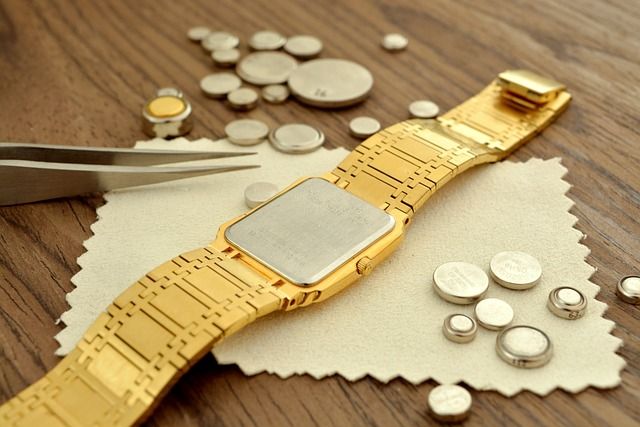Endoscopic Retrieval Safer than Waiting for Battery Ingestion
A study presented at DDW 2019 found that endoscopic retrieval may help prevent further gastric damage from button battery ingestion.

Results from a recent study are challenging recommendations from two national organizations on guidelines for gastric button battery ingestion (BBI), an increasingly common injury in many emergency departments.
Endoscopic retrieval of gastric button battery, even when a child is symptom free, may help alleviate the risk of erosive injury, according to information presented at Digestive Disease Week 2019 by investigators from the Digestive Health Institute at Children’s Hospital Colorado.
“We have been seeing more injuries from button batteries,” said Racha Khalaf, MD, lead researcher and pediatric gastroenterology, hepatology and nutrition fellow at the Digestive Health Institute at Children’s Hospital Colorado, Aurora “The batteries come in toys, remote controls, key fobs, singing greeting cards and watches. They are everywhere.”
Investigators sought to define the spectrum of injury associated with retained gastric BB and to characterize clinical factors associated with gastric injury in BBI. Authors noted a limited number of case reports and studies describing gastric damage from BBI.
Investigators noted that, per the North American Society for Pediatric Gastroenterology, Hepatology and Nutrition, removal of a gastric battery button remains controversial and remains at the discretion of the physician. Observation alone is the recommendation for cases where gastric BB presents within 2 hours, the BB is 20 mm or smaller and the child is 5 or older.
Investigators carried out a multicenter retrospective cohort review off the medical records at 4 pediatric tertiary care centers in Colorado, Florida, Texas, and Ohio to identify cases of gastric BB and report endoscopic findings in patients up to 18 years old. Patients’ demographic, radiographic, endoscopic, and resulting complication data were assessed via a questionnaire.
Between Jan. 2014 and May 2018, investigators identified 68 patients with cases of BBI and 22 patient that underwent endoscopic retrieval of gastric BB.
Of the 22 patients whop underwent endoscopic retrieval, 86% of cases had erosive injury describe d in the stomach at the time of endoscopic retrieval. Additionally, at least 2 patients had significant injury including gastric perforation or had images incorrectly interpreted as BB distal to the stomach.
Erosive injuries to the mucous lining of the stomach were found in 60% of the cases reviewers. Investigators found no apparent relationship between damage and symptoms or between amount of time passed since ingestion. Khalaf believes this suggests clinicians and parents should not wait for symptoms or passage before acting. Khalaf added that early removal can help avoid repeat trips to the hospital or pediatrician’s office.
“We know there can be injury even when there are no symptoms,” Khalaf said. “Batteries in the stomach cause damage, including perforation of the gastric wall, so physicians should consider removing the batteries as soon as possible and not let them pass through the digestive tract.”
This study, titled “Gastric injury secondary to button battery ingestions in children: a retrospective multicenter review,” was presented at DDW 2019 in San Diego, CA.